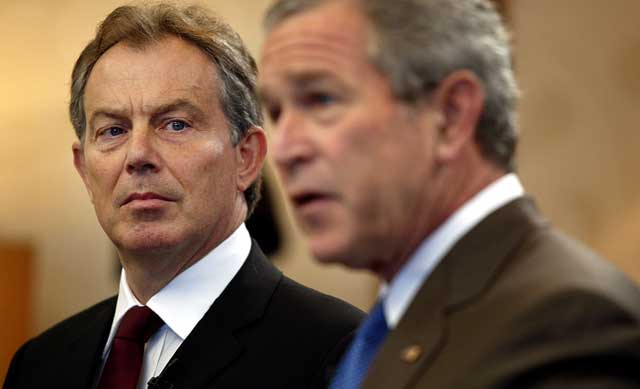Ages of Reform: Dawns and Downfalls of the British Left, By Kenneth O Morgan

The new Labour project was based on sociology rather than economics or history. Unlike economics dons like Hugh Dalton or Tony Crosland, or serious historians like Roy Jenkins, no members of the Blair-Brown cabinet had written proper books after their university days. Instead, Blair relied on sociologists like Tony Giddens and Raymond Plant to give intellectual cover to his project of government.
In contrast, Margaret Thatcher stuffed the Lords with Tory historians like Robert Blake, Hugh Trevor-Roper and Hugh Thomas. The only historian put in the Lords by Blair was Ken Morgan, the chronicler-in-chief of 20th-century Labour. In this new collection of essays, Morgan is sharper, more personal, and caustic as he discusses the men – Lloyd George, Aneurin Bevan, Jim Callaghan and Michael Foot – he has written about in official histories and biographies.
Morgan is a Welshman with the generosity, loyalty and romanticism of his nation. He understands the ambition of the outsider: Lloyd George, Bevan and Kinnock from Wales, Hardie, MacDonald and Brown from Scotland, Callaghan born to dire poverty in Portsmouth, or even Foot growing up on the Devon-Cornwall border.
Half the book is devoted to studies of Lloyd George. Does the Welsh Liberal PM belong to the left? The answer, surely, is yes. Social, pension and Lords reform, fairer taxation, room for trade unions and their newly formed Labour Party, were all part of a burst of progressive politics between 1906 and 1914. Lloyd George was inspired by a visit to Germany in 1908.
But, on the whole, a willingness to learn from abroad only surfaces intermittently on the left. It was David Cameron who brought a dozen Nordic and Baltic leaders to Downing Street to debate - in contrast to the Labour government's condescending approach to European politics after 1997.
On Labour leaders, Morgan is generous. He describes Nye Bevan as a "moderate compromiser" towards the end of his life. Equally, Foot in the 1970s stood by Callaghan, having spent the 1950s and 1960s undermining reformist Labourism. Morgan describes Clause 4-style nationalisation as "social imperialism", implemented by the Labour MP sons of colonial officers. But the question he does not answer is why Labour stayed so firmly in opposition in the 1930s, 1950s and 1980s. Is it not time to say that some Labour heroes of this era were emperors without any clothes?
Morgan does not dwell on foreign policy, often the Achilles Heel of his heroes. Lloyd George lost credibility as he stumbled into wars in Asia Minor in 1920 which ended badly. To begin with, Bevan and Gaitskell used language about Nasser not dissimilar to today's denunciations of Gaddafi. Labour opposed the Suez invasion but got no reward at the 1959 election.
Voters have momentary passions on a foreign issue but quickly become bored as cheers turn into fears, jeers and finally tears. The current Libyan intervention is between cheers and fears. The left does politics. The right does power. Morgan could bring his panoramic knowledge to ask why Labour and progressive politicians seem to get foreign questions wrong.
Labour now has more than a century of history under its belt. Can it learn from that today and work out how to get out of opposition? Or will the same mistakes once again be made? Morgan's book provides arguments galore to animate this debate.
Denis MacShane MP was a PPS and minister at the Foreign Office, 1997-2005
Subscribe to Independent Premium to bookmark this article
Want to bookmark your favourite articles and stories to read or reference later? Start your Independent Premium subscription today.

Join our commenting forum
Join thought-provoking conversations, follow other Independent readers and see their replies